Kenia/01 diciembre 2016/Fuente: IPS Noticias
Hafsa Juma es una de las muchas adolescentes que venden sus cuerpos por un poco de pescado y unas pocas monedas en la playa de Gasi, sobre el océano Índico, en Kenia. Es la mayor de tres hermanos y el sostén de la familia.
Vestida con el tradicional dera, un vestido en swahili, y un pañuelo en la cabeza, Hafsa, de 15 años, está sentada fuera del caserío donde vive en este condado de Kwale, sobre un tapete llamado mkeka, bajo un sol abrasador.
Hace más de una semana que tiene fiebre y dolor de cabeza y espera que el sol le alivie los escalofríos, ya que sus padres están desempleados y son demasiado pobres para pagar un médico.
Hafsa contó cómo ellos, y en especial su madre, la obligan a conseguir alimentos ofreciendo favores sexuales a los pescadores.
“Mis padres no están bien y por eso no hay comida en casa. Tengo que buscar algo pequeño para llevar a casa. Salgo a eso de las ocho de la noche y regreso a las 12. Tengo un cliente por noche. Cuando acepta mis condiciones, me da 200 chelines (unos dos dólares) y medio kilogramo de pescado”, relata, evitando el contacto visual, la adolescente que apenas terminó el último año de la escuela primaria en 2014.
“Por lo general voy a la playa de Gasi todos los días”, indicó Hafsa, quien contó que comenzó con el trabajo sexual hace dos años. “En un mes, si trabajo bien, hago 5.000 chelines keniatas (unos 50 dólares) y no tengo problema con eso”, apuntó.
La conversación de IPS con la joven se interrumpió cuando llegó una barcaza verde con los pescadores que traen la captura de la noche, y mujeres, hombres y niños se acercan con canastas para comprar pescado fresco.
La mayoría de los clientes de Hafsa son pescadores de la vecina Tanzania, quienes llegan a Gasi una vez al año durante la temporada de los monzones y se quedan tres meses, de diciembre a marzo, para pescar y vender la captura.
Cuando ellos se van, sus clientes cambian y suelen ser motociclistas que llevan pasajeros, conocidos aquí como bodaboda.
“Cuando quiero alejarme de casa a cualquier lugar, me subo a una motocicleta. Cuando estoy por llegar a mi destino, el conductor accede a tener sexo por dinero. Me da 100 chelines, y hago lo mismo con diferentes bodaboda para regresar”, relata Hafsa.
Al respecto, el vicepresidente de la Unidad de Gestión de la Playa Gasi, Iddi Abdulrahman Juma, comentó: “Hemos visto unas 10 niñas que vienen a la playa a comprar pescado, lo que también es peligroso. Algunas de ellas ya están embarazadas y otras infectadas con enfermedades mortales”.
Juma, además, responsabilizó a los padres por encargarles esa tarea y poner a las niñas en situaciones de vulnerabilidad.
“La edad de las niñas involucradas en la explotación sexual comercial es de entre 12 y 17 años”, acotó el funcionario que realiza una capacitación con la organización no gubernamental SCOPE (acrónimo inglés de Fortaleciendo el Empoderamiento y la Asociación Comunitaria), abocada a luchar contra este problema social.
A 20 kilómetros de allí, en la zona de Karanja, en este mismo condado de Kwale, Asumpta Pendo, de 14 años, barre una choza, que es un mangwe, según contó, un lugar donde se vende un tradicional vino de palma, conocido como mnazi.
Ella también es trabajadora sexual para llevar comida a la mesa familiar y debe soportar clientes que a menudo están borrachos. Su madre también la obliga a vender mnazi.
“Dejé la escuela en séptimo grado porque mi madre no podía mandarme y éramos pobres. La vida es dura”, confesó a IPS.
“La mayoría de mis clientes son tomadores de vino de palma. En un día, suelo tener uno o dos. Algunos prefieren usar condón, pero otros se niegan. Me suelen dar entre un dólar y 12 dólares la noche”, relató.
“Si no quiero vender vino de palma a los clientes aquí en casa, mi madre me pega y hasta llega a negarme la comida. Por más que no me guste lo que hago, tengo que hacerlo porque tenemos que sobrevivir”, se resignó Assumpta.
Un estudio realizado en 2009 por la red End Child Prostitution (terminar con la prostitución infantil), que reúne a varias organizaciones de la sociedad civil, concluyó que entre 10.000 y 15.000 niñas en las zonas costeras de Kenia participaban en el turismo sexual.
Además, SCOPE se asoció con la organización holandesa Terre des Hommes (TDH) para implementar un programa que termine con la explotación sexual infantil en tres áreas Matunga, Msambweni y Lunga Lunga.
La iniciativa contempla crear conciencia en la comunidad y llamar a la población local a alzar sus voces contra este abuso.
El problema es grave en este condado, popular por sus playas limpias y arenosas, puntualizó Emanuel Kahaso, coordinador del programa de SCOPE para terminar con el comercio sexual.
“En 2006, el Fondo de las Naciones Unidas para la Infancia encontró que en Kenia habían 50.000 menores víctimas de explotación sexual y 30.000 que venden sus cuerpos en las zonas costeras”, indicó.
“Nuestra organización encontró que más de 15.000 niñas en la franja costera del sur de Kenia participan en el turismo sexual”, apuntó.
“Debido a las tradiciones y los tabúes, los padres no hablan abiertamente con sus hijos sobre salud reproductiva y, por esos mismos tabúes, los responsables no son arrestados”, acotó Kahaso.
Algunos lugares especiales, donde se consumen drogas, clubes nocturnos y discotecas, así como los bodaboda, atraen a las menores hacia el trabajo sexual. Numerosas fuentes coinciden en que los padres inician a sus hijas en el turismo sexual y la prostitución, además de obligarlas a contraer matrimonio de forma precoz.
“El problema se exacerba por cuestiones culturales, tradicionales y tribales impregnadas de prejuicios de género, que favorecen la explotación sexual de menores. El analfabetismo es elevado, abundan los problemas económicos y rara vez se cumplen las leyes que protegen a la infancia”, se lamentó Kahaso.
En el hospital de referencia de Msambweni, Saumu Ramwendo, de SCOPE, ayuda e informa a las niñas y adolescentes sobre cuestiones de salud sexual y sobre la explotación sexual. La organización trabaja con unas 360 víctimas y con unas 500 que están en riesgo.
Fuente:http://www.ipsnoticias.net/2016/11/ninas-canjean-sexo-por-pescado-y-monedas-en-kenia/
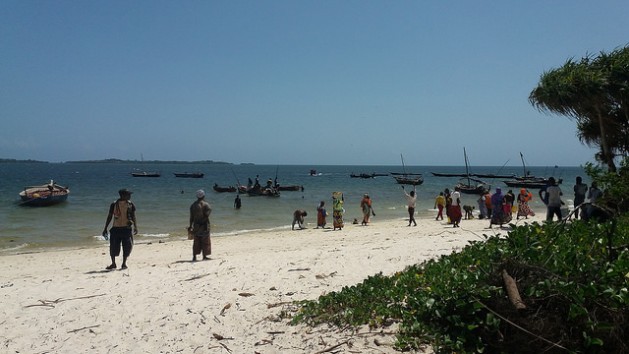
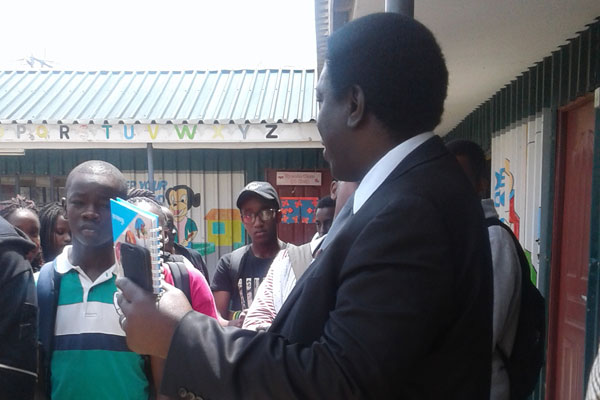
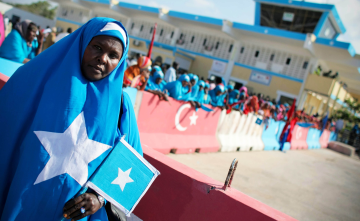
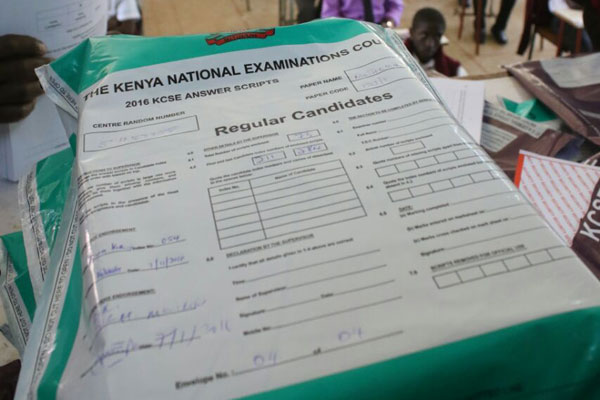
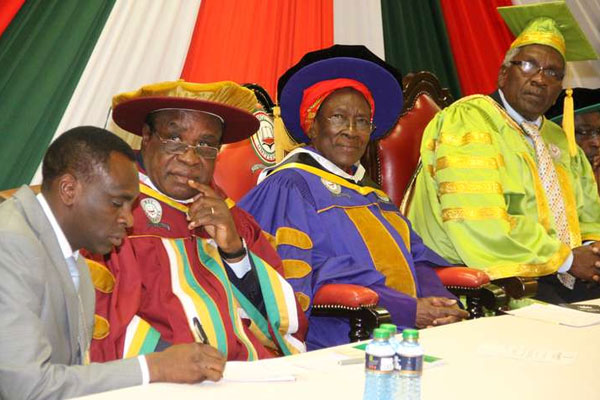
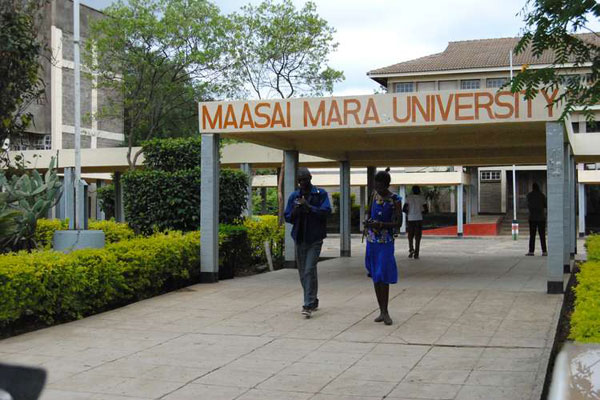
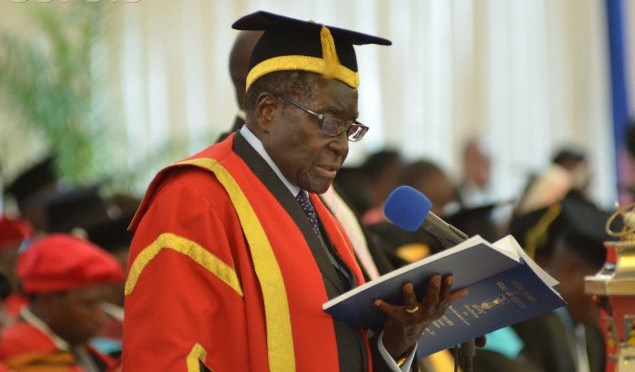





 Users Today : 19
Users Today : 19 Total Users : 35404041
Total Users : 35404041 Views Today : 21
Views Today : 21 Total views : 3333500
Total views : 3333500